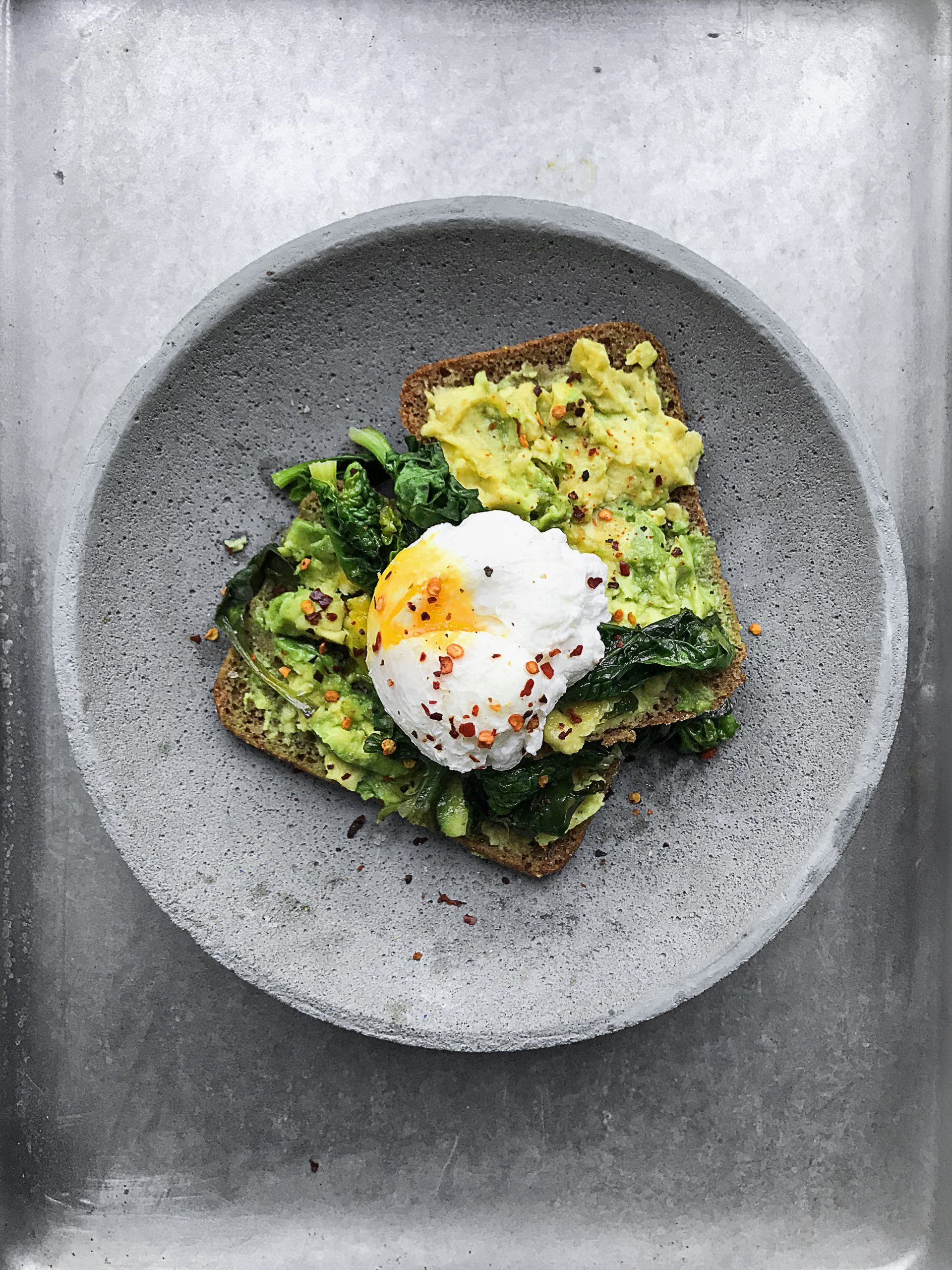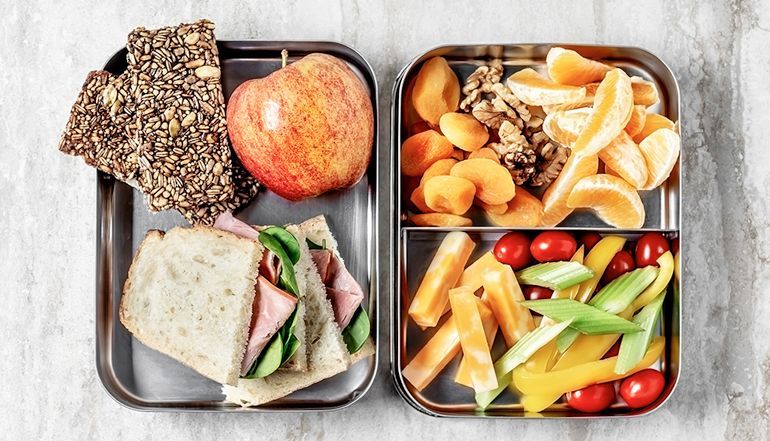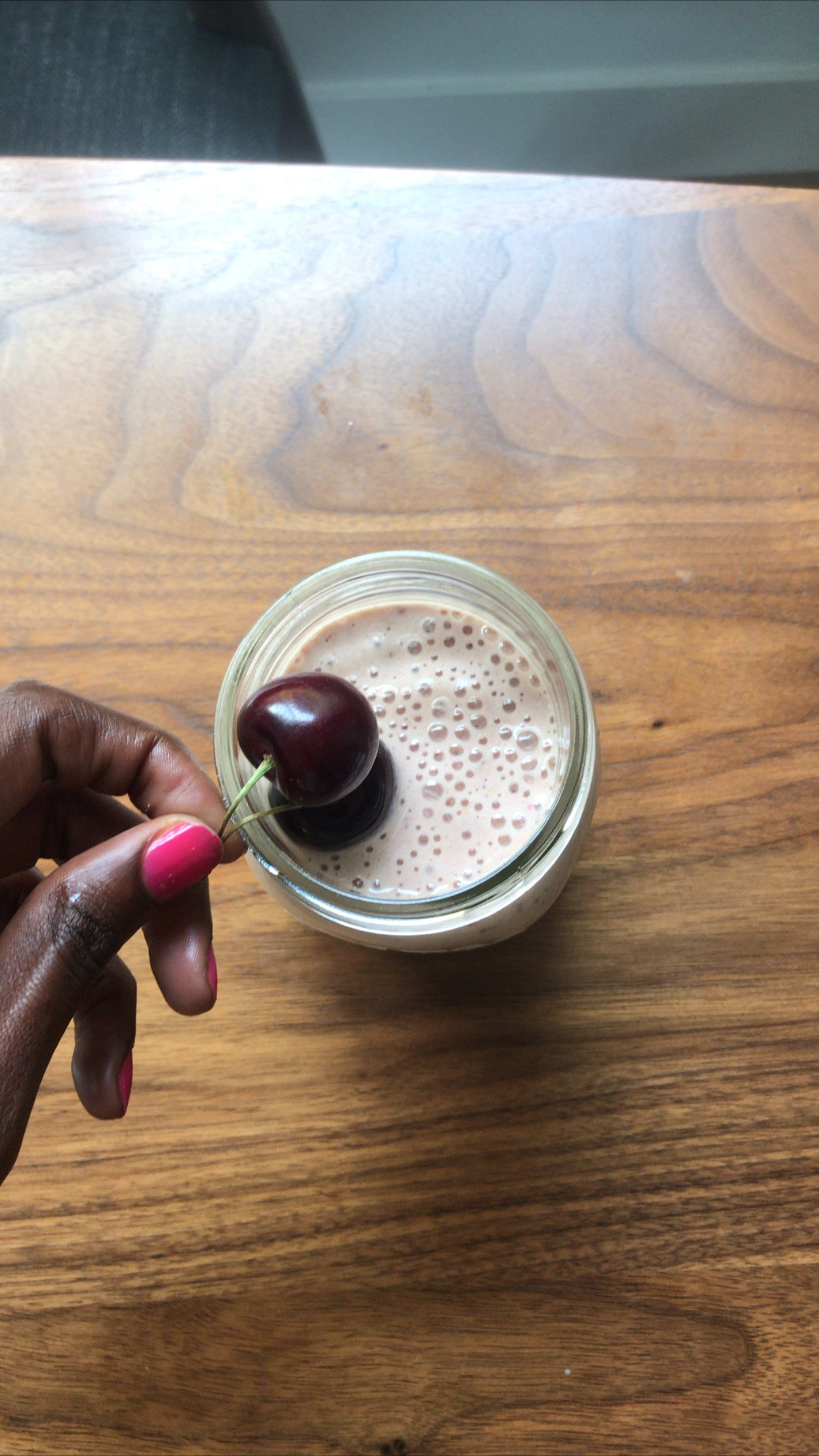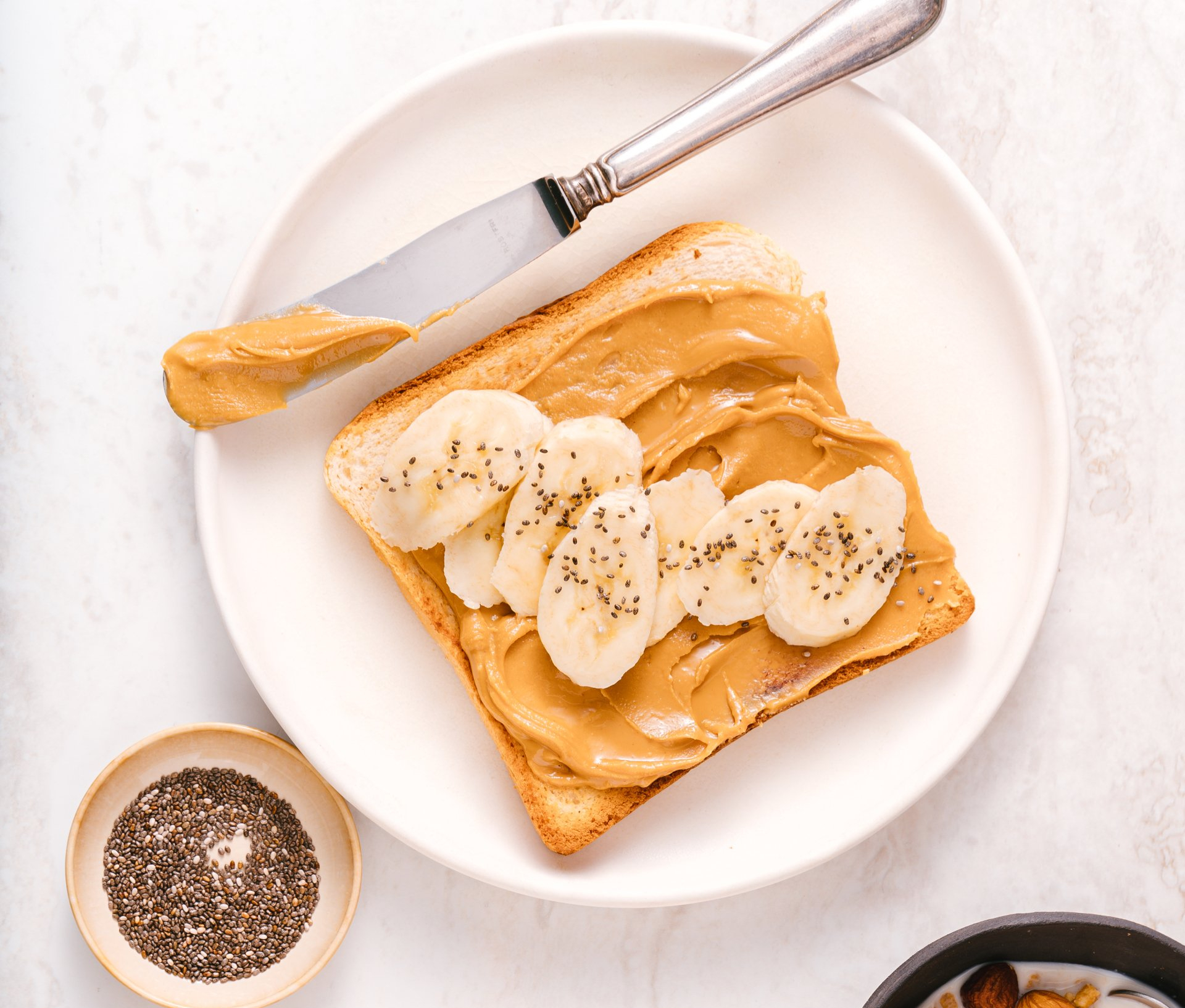Clean eating vs Dieting

Many people are familiar with the term "clean eating," but what exactly does it imply? What's the difference between eating well and dieting? In the area of health and fitness, many of these concepts might be perplexing.
Consumption of entire foods closest to their natural state is referred to as "clean eating." In general, the less processing that is done, the better! You've probably heard the suggestion to shop the grocery store's perimeter rather than the aisles. Fresh fruits and vegetables, lean meats and fish, and bulk nuts and seeds can all be found in the grocery store's outside areas.
Overview
- What is the difference between clean eating and dieting
- How to clean eat?
- Benefits of clean eating
What is the difference between clean eating or dieting?
Drinking water flushes toxins out of your system, particularly dangerous ones that can impair your overall health. You can boost the health of your skin and body by increasing your water intake and flushing out toxins in your body. Don;t overdo the juice diets to flush out toxins, but eating a balanced meal and drinking enough of water will do the same thing.
Not only should you drink plenty of water, at least eight glasses each day, but you should also use it to properly cleanse your skin. Cold water is preferable, but if you can't, make sure the water isn't too hot.
How to do clean eating
I broke down clean eating into seven concepts that are based on current nutrition science and public health agency recommendations. This sensible approach to eating and living well boosts energy and improves health, making it more than just a diet. It's a way of life with built-in flexibility, which means it can be tailored to match almost any lifestyle.
1. Choose whole, natural foods and seek to eliminate or minimize processed foods
Processed foods include anything that comes in a box, bag, can, or package, and while there are always exceptions (such as a bag of fresh green beans), the majority of your food should be cooked and eaten at its most natural state.
2. Choose unrefined over refined foods
While it may not always be practical, increasing your diet of whole grains such as brown rice, millet, amaranth, and quinoa can help. Beans and legumes play an important role as well. Honey, maple syrup, and dehydrated sugar cane juice are examples of clean sugars.
3. Include some protein, carbohydrate and fat at every meal
Most of us do well with carbohydrates and fat, but protein is often lacking, especially early in the day, such as at breakfast and lunch. Protein is essential for muscular growth and can also help you lose weight. It keeps us feeling fuller for longer when eaten throughout the day. Be conscious of the kind of meals you prepare and spacing out your protein.

#4 Watch out for fat, salt and sugar
This is easier than you might believe, especially if you've eliminated processed foods, which account for the majority of our excess calories and excessive fat, sugar, and salt levels. All of these components are typically found in little amounts in clean foods.
#5 Eat five to six small meals throughout the day
On average, high-calorie drinks like specialty coffees and soft drinks add 400 to 500 calories per day to your diet. Start with water or unsweetened tea, which is my personal favorite (any flavor). Other healthy beverages include low-fat or skim milk, as well as 100% fruit juice diluted with sparkling water.
#6 Don’t drink your calories.
On average, high-calorie drinks like specialty coffees and soft drinks add 400 to 500 calories per day to your diet. Start with water or unsweetened tea, which is my personal favorite (any flavor). Other healthy beverages include low-fat or skim milk, as well as 100% fruit juice diluted with sparkling water.
#7 Keep your body moving
Regular physical activity is a must for many reasons. Not only does it decrease fat, strengthen and build muscle, and help you burn more energy at rest, it keeps your heart, lungs, and bones healthy and strong.
Benefits of clean eating
We all know that it is important to drink enough water. But does drinking really help you lose weight and feel better and fitter?Our body is composed of 65% water. This quantity decreases with the aging of the tissues and is replaced by fat.
The quantity of water varies according to several criteria such as exercise, the hot atmosphere and its hygrometry, the sweating, and your diet. The richer your diet is in proteins and processed foods, the more you should pay attention to your water consumption.
Determine your water needs by doing this little math: your weight / 7 = your number of glasses of water per day
in a temperate environment, with an activity close to sedentary. Add 5 to 7 glasses daily if you exercise and is more active.
Holding a motivational water bottle or having a water tracking app is a great idea for it.
if you wish to start transitioning to Clean Eating for its many benefits and to reach your fitness goals further, please download the The Beginner's Guide to Clean Eating E-book where you will do it step by step.
Xoxox,
Rosemotivates





